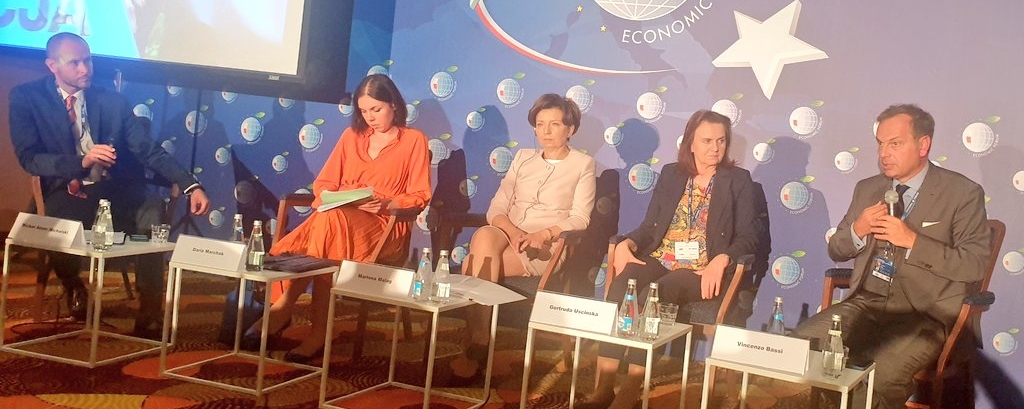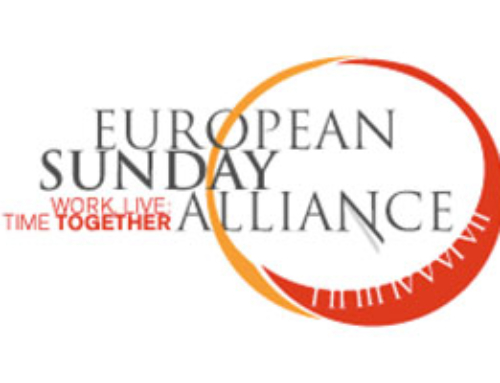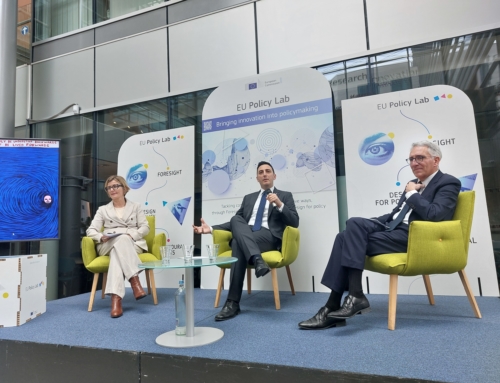13 September 2022,
FAFCE President and Secretary General were last week in Karpacz, Poland, on the occasion of the Economic Forum.
The Economic Forum is a project of the Foundation Institute for Eastern Studies, active in the field of cooperation among European countries, especially Central and Eastern Europe. The Forum is a debate platform where civil society representatives, local and regional community circles, political representatives, business world and groups of experts meet to exchange on various policy fields. Its mission is to create a favorable climate for the development of political and economic cooperation between EU member states and their neighbours.
“Economic Forum is the largest meeting platform in Central and Eastern Europe, where not only security, perspectives of economic development, contemporary challenges and overcoming crises, but also presents specific solutions and innovative ideas.”
For the past four years, FAFCE has been co-organising panels, bringing together policy-makers from all over Europe on subjects related to economy, demography, social policy and family at the Economic Forum.
FAFCE President, Vincenzo Bassi, intervened in the panel on “Social Policy in an age of inflation: does it pay us to invest in the Family?”. He exchanged together with Marlena Maląg, Polish Minister of Family and Social Policy, Daria Marchak, Ukrainian Deputy Minister for Social Policy, and Gertruda Uscinska, President of the Social Insurance Institute. FAFCE’s President stressed that “fighting against inflation means fighting in favour of the savings of our families, our future“.
Nicola Speranza, FAFCE Secretary General, intervened in a panel on “The Impact of social programs on demography. Is it working?” Together with Michal Kot, Director of the Generation Institute (Poland), Andrzej Kredkowski, Vice-Chairman of the Lower Silesian Regional Assembly (Poland), and Robert Winnicki, Member of the Sejm, Poland. FAFCE Secretary General underlined the importance of the 500+ Program implemented by the Polish Government, but also stressed the need to integrate it in a more substantial family policy program that should be the fruit of the dialogue with family associations, in a bottom-up approach.







